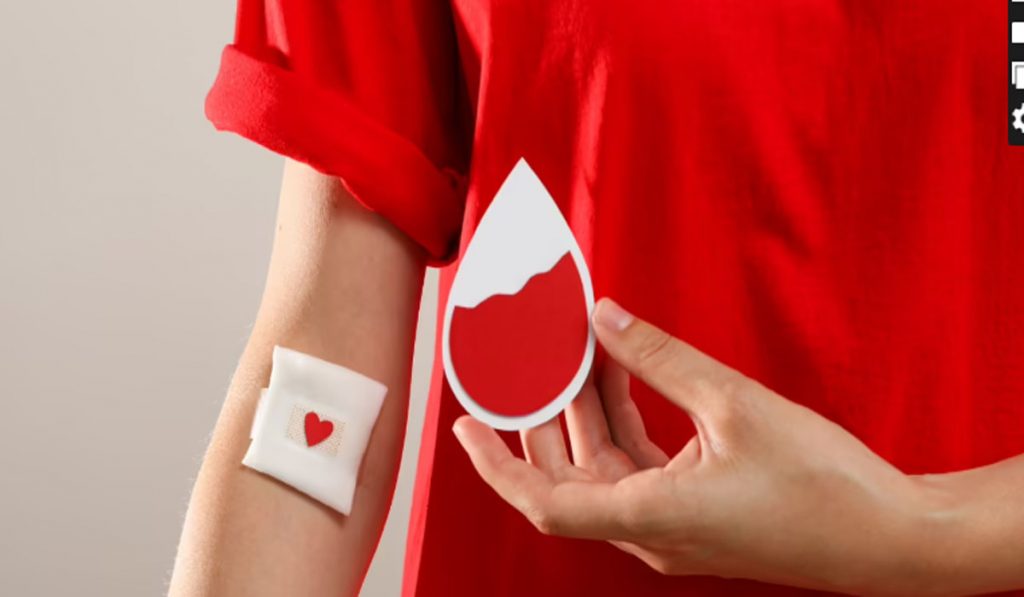On the eve of World Blood Donor Day 2025, World Health Organisation (WHO) SouthEast Asia Regional Director Saima Wazed underscored the critical role of blood transfusion in saving lives and strengthening healthcare systems, particularly during emergencies.
“Blood transfusion is a cornerstone of effective healthcare and emergency response,” Wazed said in a statement on Friday. “Whether it’s a mother suffering complications during childbirth, a child with severe anaemia, or a patient undergoing major surgery or living with a chronic blood disorder — blood saves lives.”
Celebrated every year on June 14, World Blood Donor Day pays tribute to the millions of voluntary, unpaid blood donors who contribute to saving lives through their simple yet vital act.
This year’s theme, “Give blood, give hope: together we save lives,” shines a spotlight on the power of community-driven blood donation. “Blood transfusion is a cornerstone of effective healthcare and emergency response,” Wazed said in a statement on Friday.
“Whether it’s a mother suffering complications during childbirth, a child with severe anaemia, or a patient undergoing major surgery or living with a chronic blood disorder — blood saves lives.” Wazed highlighted that in crisis situations, such as natural disasters or armed conflicts, timely access to safe blood can mean the difference between life and death.
She emphasised that building strong, resilient healthcare systems depends on the availability of safe and sufficient blood and blood products at all times. However, despite its importance, many people around the world, particularly in low- and middle-income countries, still struggle to access safe and timely transfusion services. This underscores the need for sustainable national blood systems and the cultivation of a reliable base of voluntary, unpaid donors.
Wazed praised the progress made in the WHO South-East Asia Region, noting that all member countries have developed national blood policies aligned with WHO’s global recommendations. These policies advocate for centrally coordinated blood transfusion services, founded on 100 per cent voluntary nonremunerated blood donation (VNRD) and adherence to recognised safety and quality standards.
“Nearly 50 per cent of our Member States have achieved close to 100 per cent coverage in voluntary, unpaid blood donation, significantly contributing to their national blood supplies,” Wazed noted. “Across the region, about 82 per cent of all donated blood now comes from voluntary, unpaid donors — a testament to strong community engagement and public awareness.”
She also highlighted that all blood collected in the South-East Asia Region is screened for transfusion-transmitted infections (TTIs) and tested using appropriate serological parameters, ensuring it meets safety requirements. Wazed called on governments and health authorities to renew their support for national blood transfusion programmes and invest in long-term strategies to improve access, safety, and efficiency in blood services.
“Each blood donation is more than just a medical procedure — it is an act of compassion and hope,” Wazed said. “It is a lifeline for someone in need, often a stranger, whose life may be saved without ever knowing their donor.” As the world observes World Blood Donor Day, WHO continues to promote equitable access to safe blood, encouraging more people to donate regularly and voluntarily to ensure no patient is left waiting in their most critical hour.
